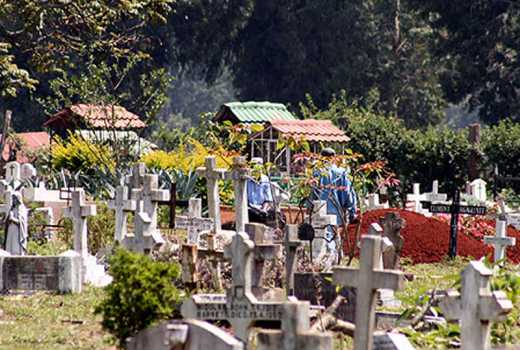×
The Standard e-Paper
Kenya’s Boldest Voice

It is now three months since Priscilla Mwango died but her body is still at the mortuary because of a dispute over dowry.
Nathan Ondieki and Mwango were married for 26 years, but he cannot bury his wife because his in-laws have demanded that he pay more than one cow as dowry.